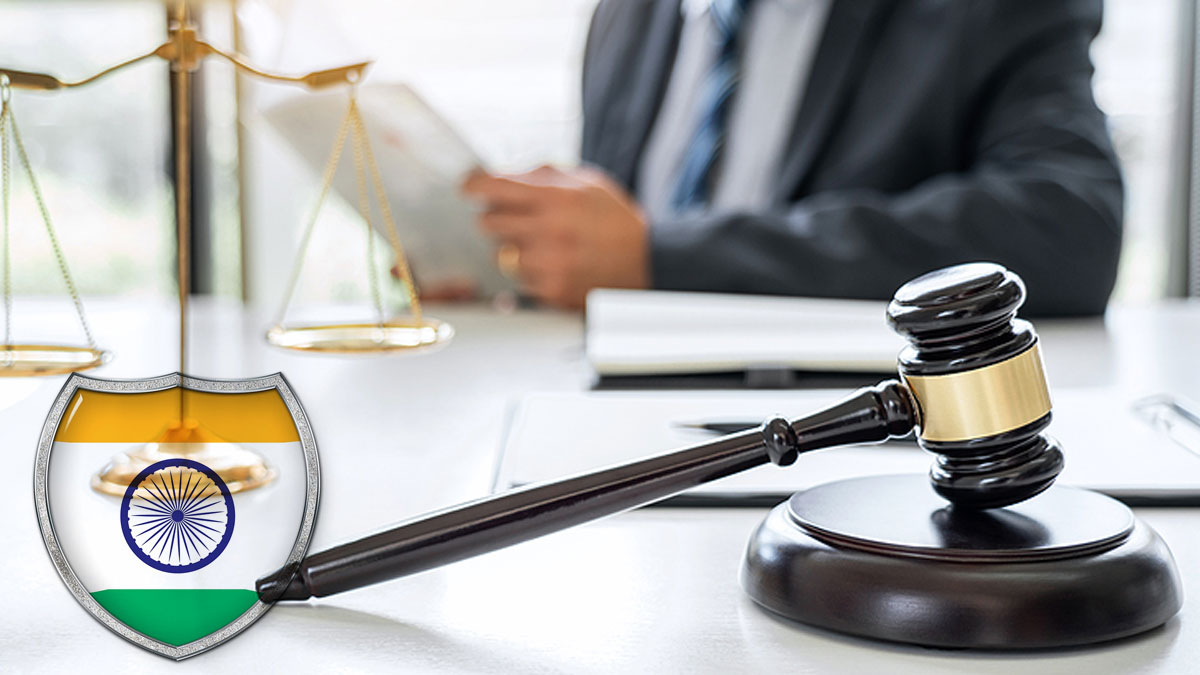With this years’ Diwali now in the past, Indian authorities are already worried about gambling activity leading up to the January festival of Sankranti. Police are on the lookout for gambling dens, cockfights, online gambling and celebrities getting their beak wet.
 In the port city of Visakhapatnam, police are already on the lookout for cockfights. While authorities told the Times of India that cockfighting is not as prevalent in Northern Andhra Pradesh, where Visakhapatnam is located, they’re having a hard time cracking down on the activity as organizers are pretty good at staying mobile.
In the port city of Visakhapatnam, police are already on the lookout for cockfights. While authorities told the Times of India that cockfighting is not as prevalent in Northern Andhra Pradesh, where Visakhapatnam is located, they’re having a hard time cracking down on the activity as organizers are pretty good at staying mobile.
They may need to keep an eye online as well. In the Philippines, cockfight gambling gained popularity this year thanks to Covid-19 restrictions, forcing the government to consider regulating it and taxing it to help fund their relief efforts.
That doesn’t seem like the solution some Indian provinces will want to go for. The Madras high court is seeking guidance from the Tamil Nadu government on online gambling. A rash of recent suicides related to online gambling debts have them anxious about the legal status of the activity, especially in light that chief minister Edappadi K Palaniswami has said some kind of ban may be coming.
That same court has warned Bollywood celebrities to stop endorsing online gambling. Their worried that hero worship amongst the populace might mean that if a movie star or cricket player endorses a sight, it “will become the future of Tamil Nadu.”
Even if the court does want to stop the growing popularity of online gambling, they can hardly expect Indians to stop gambling. Police knew that people would gamble for this past week’s Diwali holiday, and hundreds were arrested as a result. Another 10 arrests have just been made in Palghar, as police found Nepali nationals gambling on a Sunday night.
While India continues to dither on if they want to regulate gambling or outlaw it, the Madras high court does make a valid point. Regulate it and make it safe, or outlaw it entirely. The former is likely the safter option, but this current game of cat and mouse in a legal grey area can only last so long.






